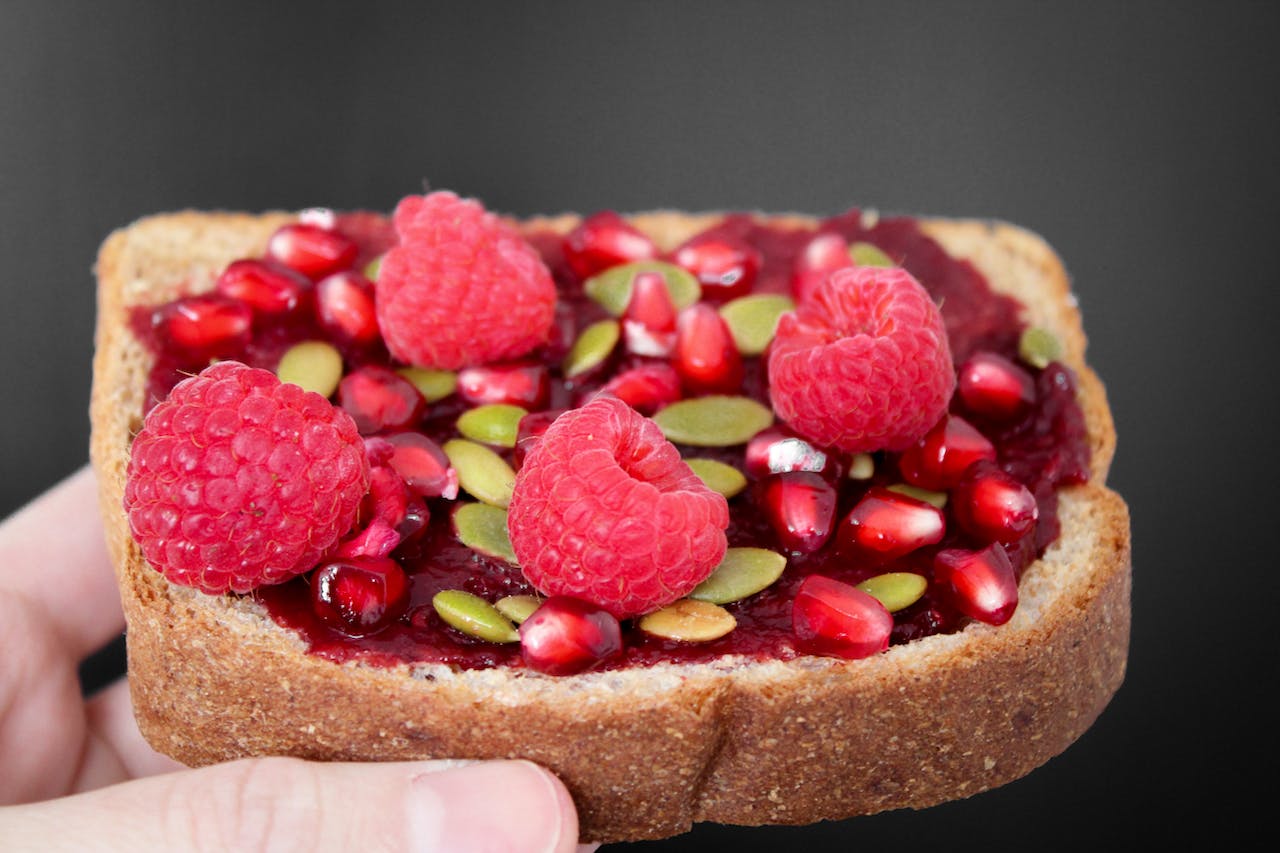Introduction
The kidneys play a vital role in maintaining our overall health by filtering waste and excess fluids from the blood. For individuals with kidney disease, dietary choices become crucial in managing the condition effectively. In this comprehensive guide, we'll delve into the intricacies of a kidney-friendly diet, exploring scientific studies, practical tips, and firsthand testimonials to help you make informed choices for optimal well-being.
Understanding Kidney Disease
Before we embark on the journey of crafting a kidney-friendly diet, it's essential to grasp the fundamentals of kidney disease. Kidney disease involves a gradual loss of kidney function over time, leading to an impaired ability to filter waste and fluid from the blood. According to a study published in the
Journal of the American Society of Nephrology, nearly 14% of the global population is affected by chronic kidney disease.
The Role of Diet in Kidney Health
Scientific evidence supports the notion that dietary habits can significantly impact the progression of kidney disease. The
American Journal of Kidney Diseases highlights the importance of a balanced diet in managing conditions such as hypertension and diabetes, both of which are major contributors to kidney disease.
Key Principles of a Kidney-Friendly Diet
1. Watch Your Protein Intake
Protein is a crucial component of a healthy diet, but individuals with kidney disease need to monitor their protein consumption. A study published in the
Journal of Renal Nutrition suggests that a low-protein diet can slow the progression of kidney disease. Opt for high-quality protein sources like fish, eggs, and lean poultry while limiting red meat to moderate amounts.
2. Control Phosphorus Intake
Phosphorus is a mineral that can accumulate in the blood when kidney function is compromised. High phosphorus levels are associated with adverse outcomes in kidney disease patients. To manage phosphorus intake, limit consumption of processed foods and sodas, which often contain phosphorus additives. Instead, focus on fresh fruits and vegetables.
3. Mindful Sodium Consumption
Sodium can contribute to fluid retention, leading to increased blood pressure—a significant concern for those with kidney disease. The
Journal of Nephrology reports that a reduction in sodium intake can positively impact blood pressure control. Opt for fresh, whole foods, and minimize the use of salt in cooking. Experiment with herbs and spices to add flavor without compromising on health.
Personal Testimonials: Navigating the Kidney-Friendly Diet
Maria's Journey to Improved Kidney Health
Maria, diagnosed with early-stage kidney disease, shares her experience with adopting a kidney-friendly diet. "I was overwhelmed initially, but with the guidance of my healthcare team, I made small changes to my diet. Switching to plant-based proteins and incorporating more fruits and vegetables made a significant difference in my overall well-being. My recent lab results showed improvements in key markers, and I feel more energetic than ever."
John's Success with Portion Control
John, a long-time kidney disease patient, emphasizes the importance of portion control. "I used to love indulging in large meals, but my doctors stressed the need to watch my portions. It was challenging at first, but I've learned to appreciate smaller, nutrient-dense meals. My blood pressure is more stable, and I've noticed a positive impact on my kidney function."
Kidney-Friendly Recipe Ideas
1. Quinoa and Vegetable Stir-Fry
Ingredients:
- 1 cup quinoa, cooked
- Mixed vegetables (bell peppers, broccoli, carrots)
- 1 tablespoon olive oil
- Low-sodium soy sauce
- Garlic and ginger for flavor
Instructions:
- Stir-fry the vegetables in olive oil until tender.
- Add cooked quinoa to the vegetables.
- Season with low-sodium soy sauce, garlic, and ginger.
- Mix well and serve.
2. Grilled Salmon with Lemon and Herbs
Ingredients:
- Salmon fillets
- Fresh lemon juice
- Chopped herbs (parsley, dill)
- Olive oil
- Salt and pepper to taste
Instructions:
- Marinate salmon in lemon juice, herbs, and olive oil.
- Season with salt and pepper.
- Grill until the salmon is cooked through.
- Serve with a side of steamed vegetables.
Staying Hydrated: The Unsung Hero of Kidney Health
Proper hydration is often overlooked but is crucial for kidney health. A study in the
Journal of Nephrology and Renal Transplantation emphasizes the importance of maintaining adequate fluid balance to support kidney function. Water helps flush out toxins and waste products, reducing the workload on the kidneys.
Tips for Staying Hydrated
- Carry a reusable water bottle to encourage regular sipping throughout the day.
- Monitor urine color; pale yellow is an indicator of adequate hydration.
- Include hydrating foods like watermelon, cucumber, and oranges in your diet.
Conclusion
Embarking on a kidney-friendly diet is a transformative journey towards better health and well-being. By understanding the scientific principles, adopting practical tips, and drawing inspiration from personal testimonials, individuals with kidney disease can make informed choices to manage their condition effectively. Remember, consulting with healthcare professionals is paramount, as they can provide personalized guidance tailored to individual needs. As you navigate this path, may it lead you to improved kidney health and a renewed sense of vitality.

